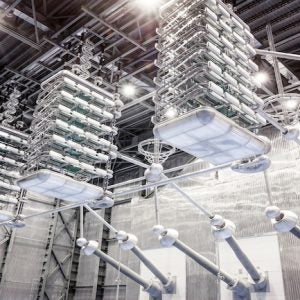A presidential committee in South Korea has recommended that the unbundling and sale of Kepco’s electricity distribution businesses be halted. Such a move would effectively prevent the sale of Kepco’s power generating units, and bring to an end the privatisation process.
The committee were concerned that the proposed restructuring of electricity distribution would not guarantee stable power supplies and prices. Philip Lim, an energy expert at the Korea Development Institute, was reported in the Financial Times as saying that the Californian energy crisis three years ago showed the importance of finding the correct model for privatisation. He also pointed out that ideological opposition among labour unions has contributed to the committee’s recommendation. In 2002, workers at Kepco went on strike for more than a month in protest against the privatisation plan, fearing job losses. The unbundling and sale of South Korea’s electricity network has been on hold since this strike.
A spokesperson for Kepco said that the advice of the presidential committee was likely to be accepted. President Roh Moo-hyun has said that he will press ahead with liberalising South Korea’s economy, but he has been reluctant to oppose the country’s powerful unions, which form a significant proportion of his power base.






